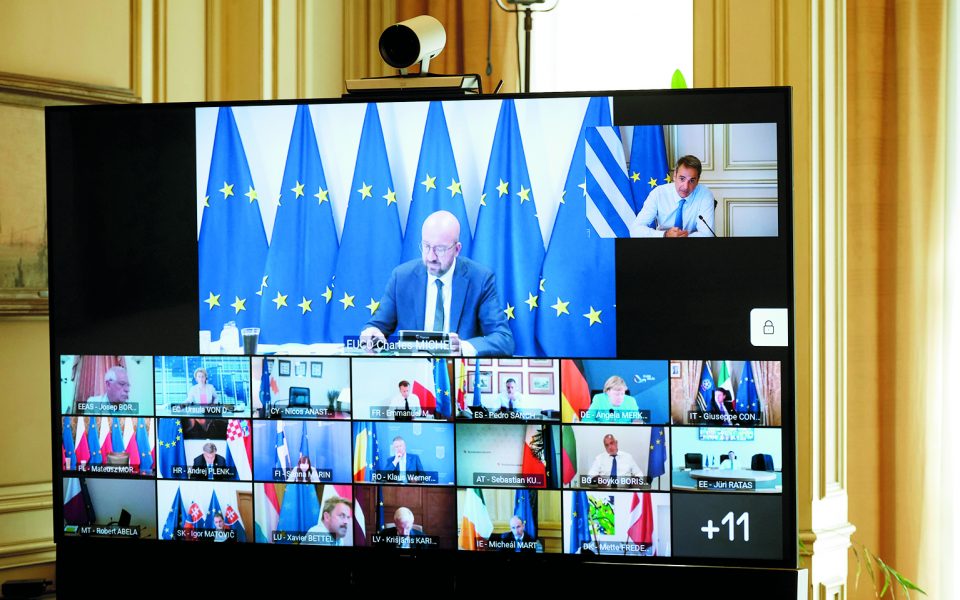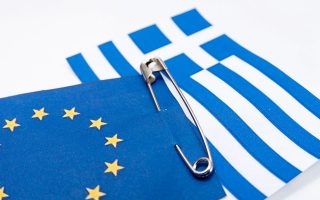Ghosts from the past

We are obviously not going through the toughest period in Greece’s history. Besides the pandemic, the pressure on the political system and on society essentially stems from Greece’s adaptation to the new world economic order, but also from shifts in the balance of power at a regional level. It’s an easy observation to make, but a tough reality to acknowledge and even more so to apply by anyone in the ranks of career politicians.
This also explains the current polarization that draws its ideological inspiration from the old and bitter rivalry between the Left and Right, without, however, the circumstances that led to so much bloodshed in the past. It is ghosts from the past that are fueling today’s tension, because at no time before had the European status quo been as strong and unified as it is now or Greece been so intrinsically a part of it – something that was the case even under the premiership of leftist leader Alexis Tsipras.
Last century was one of monumental change on the political front. Nationalism – a product of the bourgeoisie that emerged in the aftermath of the French Revolution with the establishment of the nation-state – was crushed in its final and most extreme manifestation with the defeat of the Axis powers in World War II. Communism in Europe collapsed in the early 1990s, to the triumph of liberalism.
Now the question is how it will become more socially minded and how to prevent it from taking an increasingly totalitarian form. This is the crux of the conflict between the new Left and the liberals within the context of the divisive, by definition, system of representation.
This is a process that takes time to mature, however, and until then the ghosts of the past will continue to feed the tension, not just in Greece but also in other parts of Europe, where the conflict is being played out between the traditional hard Right and the EU’s supranationalist project.
Greece has the added problem of regional fluidity, stemming mainly from Ankara’s policy of expanding its influence in the Eastern Mediterranean and the Aegean with displays of military might.
It has been the choice of Kyriakos Mitsotakis’ government and also the opposition to stop Greece from being pulled into a military confrontation with Turkey, relying in its response to Turkish provocations on the involvement of Greece’s allies, the European Union and the United States. An intervention of some sort will obviously follow at some point, though this will likely be aimed at restoring some balance and will be much more “comprehensive” than what the Greek side would want – for the simple reason that the perspective and interests of an alliance differ from those of a member-state.
Adapting to the new strategic regional developments is bound to be painful because the unbending reasoning of broader interests takes precedence.





